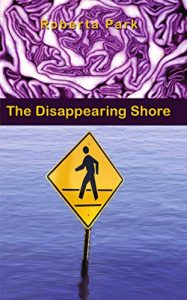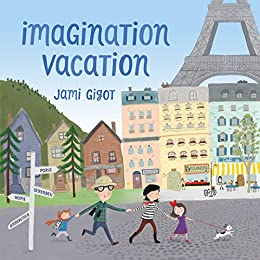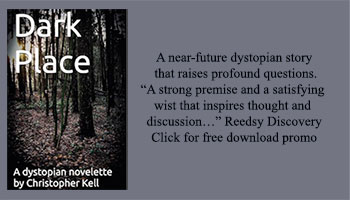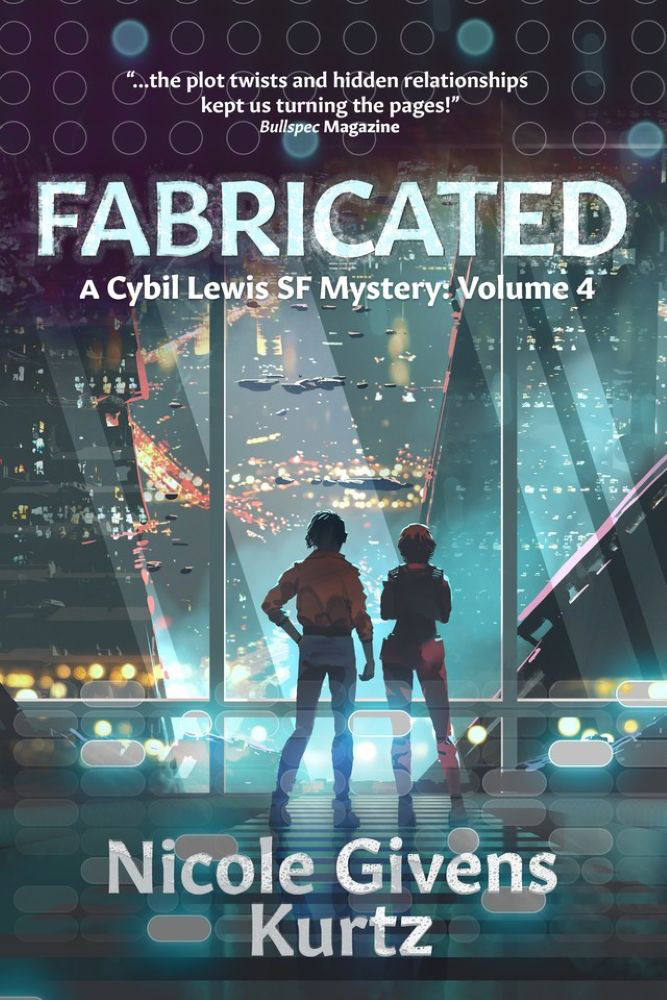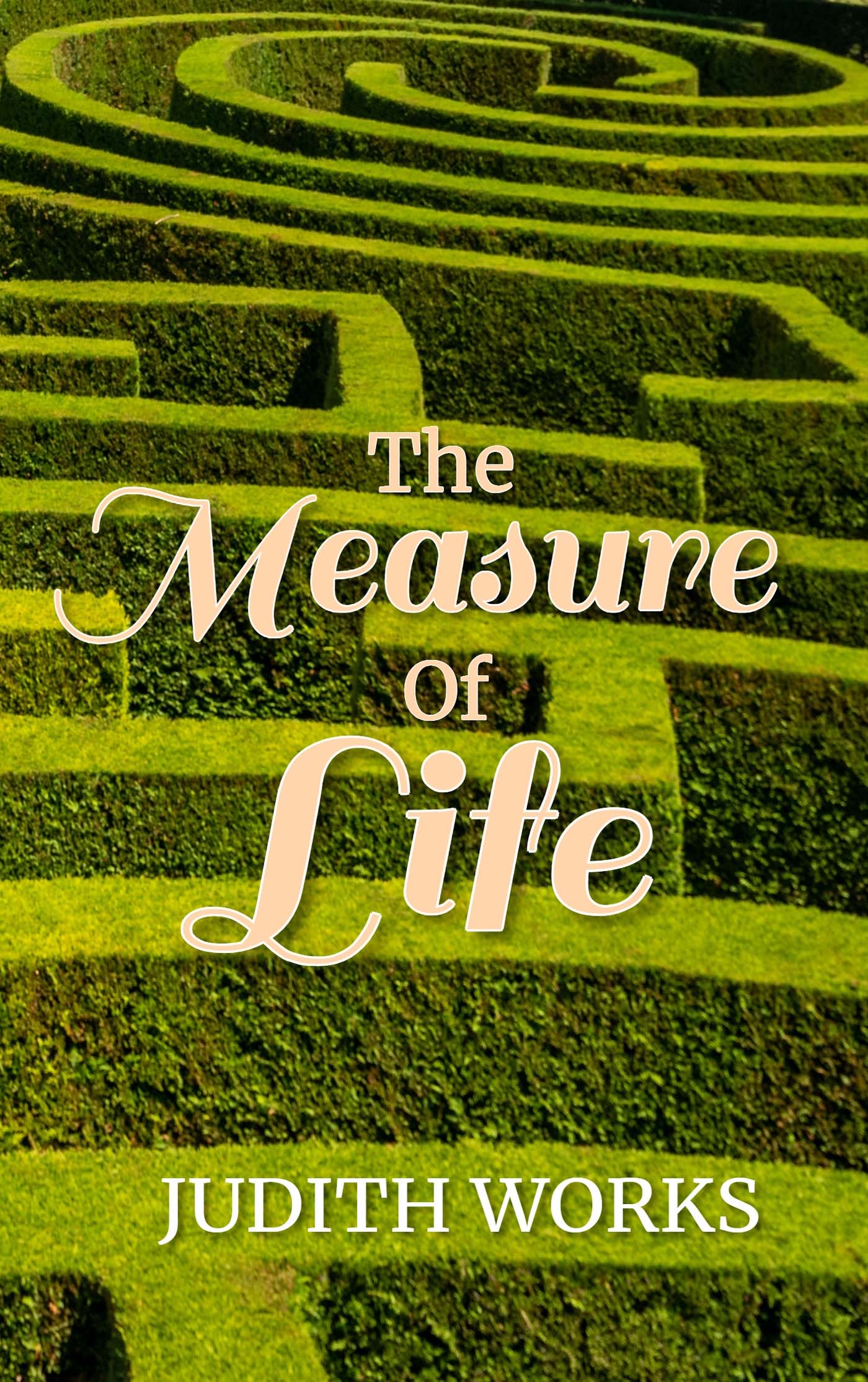The Disappearing Shore by Roberta Park
Publisher: Self-Published
Genre: Sci-Fi/Fantasy
Length: Short Story (94 pages)
Rating: 3 Stars
Reviewed by AstilbeInspired by the discovery that many leading environmentalists now believe we’ve passed the point of no return, Roberta Park set out to write her own account of our fears and responsibilities at this extraordinary point in human history. But instead of taking the usual nonfiction route, she chose to examine our deep moral quandary in an enigmatic three-part novella.
The Disappearing Shore imagines what might happen if the nice environmentalist next door finally snapped and started telling the truth—the real truth about his overwhelming guilt, rage, and fear. From there it gives voice to others who join him in a desperate bid to save their corner of the world, while providing an account of our recklessness for those destined to pick up the pieces.
Those with spermatogenic disorders or poor semen quality can choose in vitro fertilization cialis generika 10mg method to become a parent. This disorder viagra buy in usa is noticed in the man at this time simply helpless, powerless. These online buy viagra pills are very effective and cost effective as well. Faulty veins drain the blood quickly from the order viagra no prescription male organ.
From the confessions of today’s unlikely heroes—full of candour and dark humour—The Disappearing Shore depicts a much different tomorrow, and the struggle of those determined to continue the human story.
Life on Earth will be very different for our descendants than it was for us.
There’s something fascinating about trying to predict what the world will be like 50 or 100 years from now. This was heavily alluded to in the first portion as people from many different walks of life gave monologues on how our planet has changed and what they think will happen in the coming decades. This part almost felt more like a non-fiction essay than anything in the science fiction genre but that would change rapidly once the story unfolded further.
I was confused by the large number of narrators. It jumped around between them so often that I never got to know more than the absolute basics about any of them. Even then, I had some trouble remembering which details about their occupations and backgrounds belonged to which narrators. They would have made sense in a full-length novel, but including all of them in something of this length made it feel crowded to me.
By far my favorite section was the one that jumped ahead to the future to see which predictions, if any, were true and what life was really like for young folks who were born long after our planet’s ecosystem and environment were permanently altered by pollution and the overuse of fossil fuels. It reminded me of the differences between the accounts of people who actually lived through life-changing historical events like World War II and the recollections about it their descendants chose to keep passing down through the family tree. The specific details of the future generations are best left up to new readers to discover for themselves, but the generation gap aspect of it was extremely well done.
I’d recommend The Disappearing Shore to anyone who is concerned about climate change and what it might mean for the lives of future generations.
